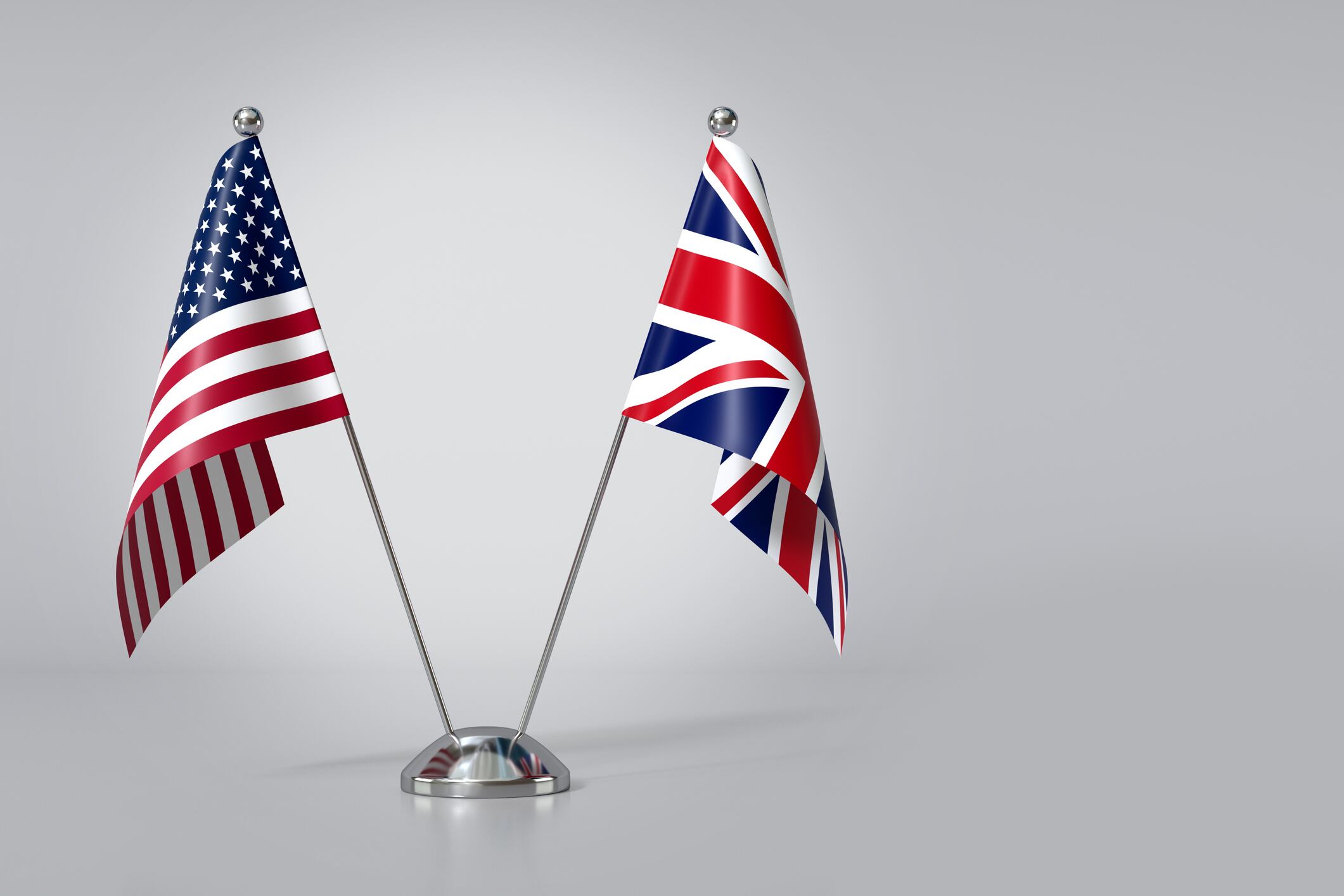The recent trade deal between the US and UK was highly consequential for both countries, increasing market access for agricultural products such as beef and ethanol.
Exports of US beef to the UK have up until now been strictly limited, due to the two countries’ different food quality standards.
The UK’s Sanitary and Phytosanitary (SPS) state that growth hormones cannot be used in beef either produced domestically or imported from elsewhere. Rules on hormone-treated beef in the US are less stringent.
Following the UK and US’s trade deal on Thursday, however, it was announced that the US and UK would have reciprocal access to beef, with UK farmers given a 13,000-tonne tariff-free quota.
Agriculture Secretary Brooke Rollins said that the deal will “exponentially increase” US beef exports, and that American beef is the “crown jewel” of American agriculture.
UK maintaining agricultural ‘red line’
Despite the deal, the UK will keep to its “red line” in agricultural standards, according to PM Keir Starmer. The Prime Minister emphasised that SPS standards would be maintained, and that hormone-treated beef will remain illegal.
President Trump added that US health secretary Robert F Kennedy Jr is working to improve health and environmental standards for US beef and move them closer to the UK’s.
Removal of tariffs on ethanol
The UK has also removed tariffs on US ethanol from 19% to 0%, which according to the White House creates a $700m (€622m) opportunity in US exports.
Biofuels are an important part of the crop sector and have a domestic demand of two million tonnes, according to the UK’s National Farmers Union (NFU).
In return, the US has removed tariffs on British steel and aluminium to zero, and reduced tariffs on UK cars from 27.5% to 10%. The base tariff level of 10% will remain on most UK goods.
NFU president Tom Bradshaw has responded positively to the deal.
“We appreciate the government’s efforts in listening to our concerns, particularly around maintaining high standards, protecting sensitive agricultural sectors and securing reciprocal access for beef,” he said.
“For several years, we’ve campaigned with the UK’s agricultural attachés in Washington for market access for British beef, a product globally respected for its quality and strong environmental credentials. These efforts have contributed to enabling the UK government to secure ring-fenced access for British beef exports to the US.
“However, the inclusion of a significant volume of bioethanol in the deal raises concerns for British arable farmers.”
Karen Betts, chief executive of the Food and Drink Foundation (FDF), also praised the deal, calling it “very positive news for the UK economy, and to be welcomed.”
However, she pointed out that “there is obviously still the question of the 10% tariff that continues to apply to food and drink exports. We hope that this deal creates the space and momentum for continued discussions about removing those tariffs too.”
The deal comes just two days after the UK government’s trade deal with India.


